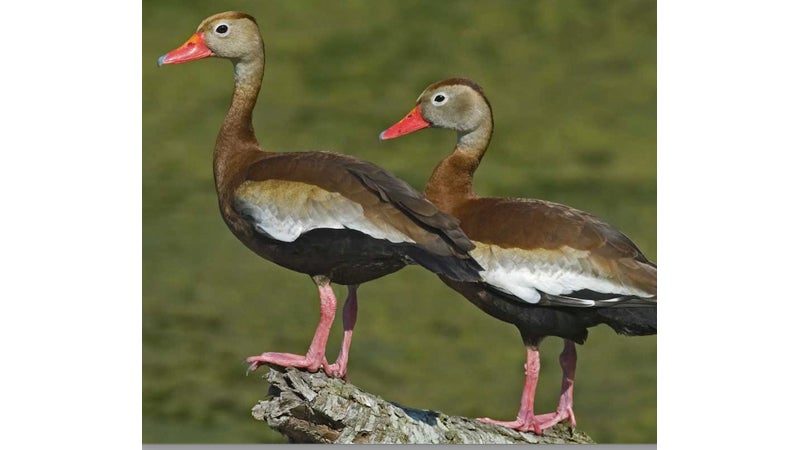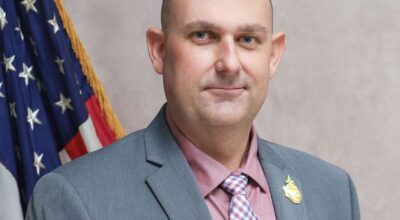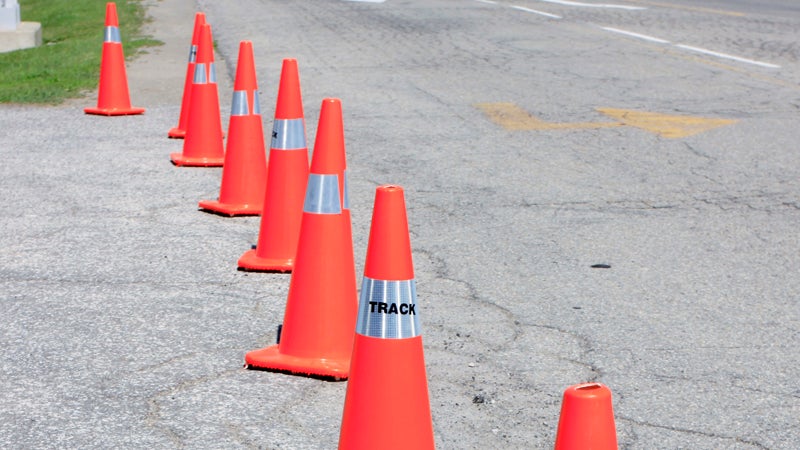Black-Bellied Whistling Duck Avian Cholera deaths mount in New Orleans
Published 9:25 am Friday, March 5, 2021
|
Getting your Trinity Audio player ready...
|
The black-bellied whistling duck avian cholera mortality event that started in the New Orleans area in early December 2020 continues to kill birds, the Louisiana Department of Wildlife and Fisheries announced Thursday.
The mortality event has killed more than 1,000 black-bellied whistling ducks in New Orleans and surrounding areas, including the Audubon Park, Audubon Zoo, Lafreniere Park, and private ponds. Park and Zoo personnel are assisting with carcass removal in an effort to reduce the spread of the disease.
This naturally occurring circumstance is caused by the bacteria Pasteurella multocida and can result in waterfowl death. Comingling of waterfowl spreads the infection within the population.
“Avian cholera outbreaks are not an uncommon occurrence in waterfowl and occur throughout the country nearly every year,” said Dr. Jim LaCour, LDWF’s State Wildlife Veterinarian. “Mortality events in the wild can be limited to a few birds or can cause mortality in many thousands of birds and can be short-lived or endure for months. Luckily, the setting for this outbreak allows some mitigation of natural spread which should help to minimize the mortality effects.”
Many species of birds and mammals, including pets, are susceptible to infection from the bacteria that causes avian cholera, but the waterfowl strain does not commonly infect those other species. Pets should not be allowed to come in contact with dead or dying waterfowl.
According to the Field Manual of Wildlife Diseases by the United States Geological Survey’s National Wildlife Health Center avian cholera is not considered a high-risk disease for humans. However, there have been some rare cases documented of avian cholera in humans. People are warned not to handle dead wildlife.
Common signs of avian cholera are erratic flight, loss of head control (floppy necks), mucous discharge from the nasal openings, and death.
For more information or to report waterfowl mortalities, please contact Dr. Jim LaCour at Jlacour@wlf.la.gov.





